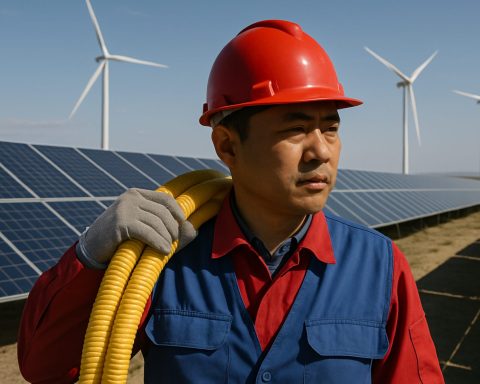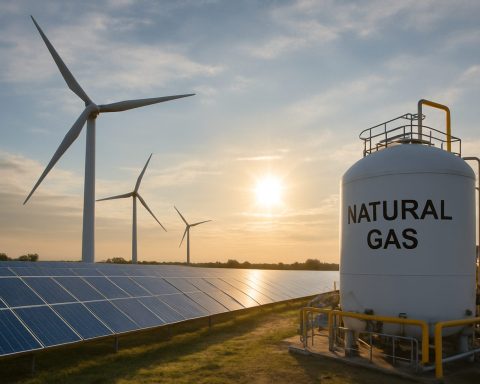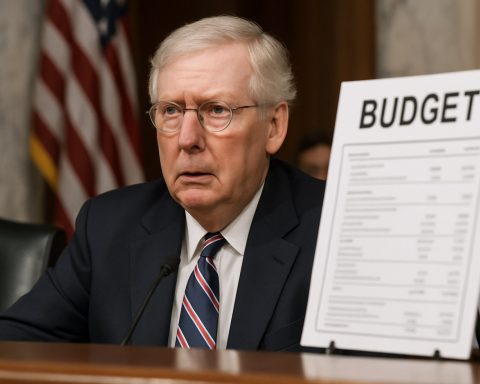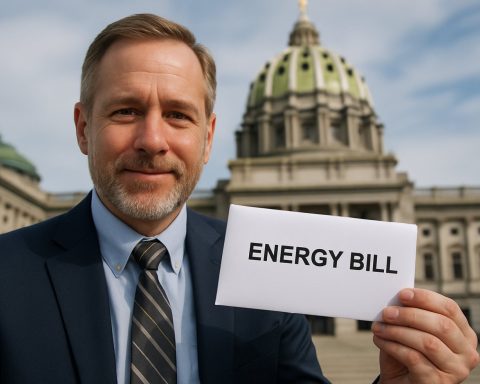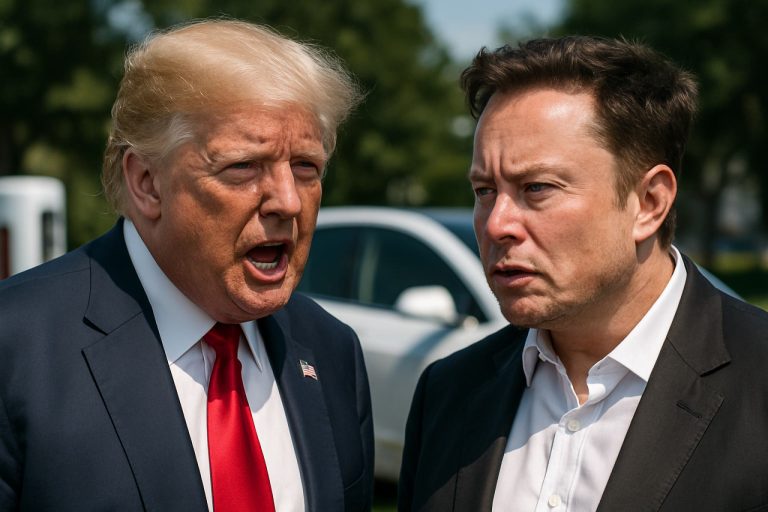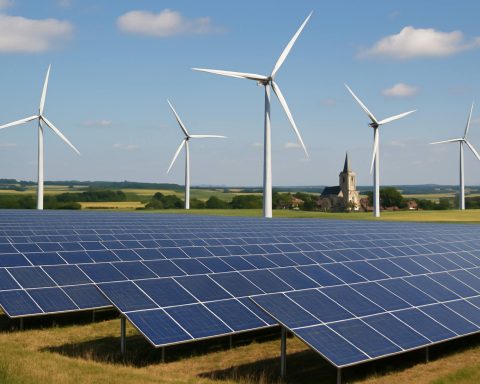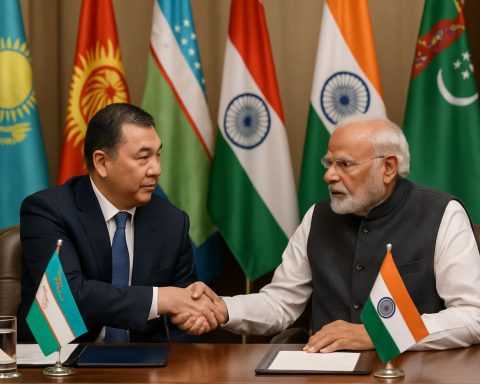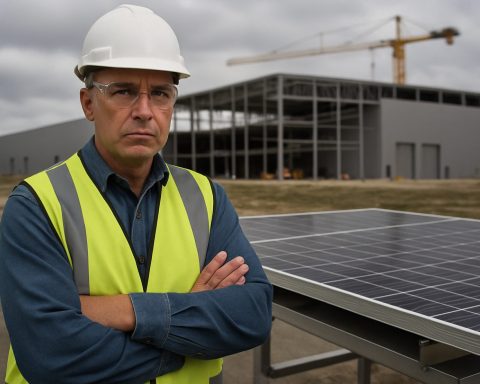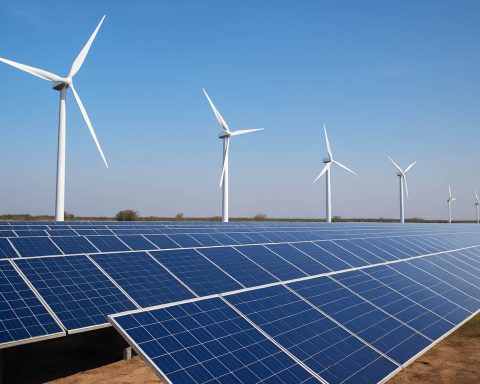Why China’s New Green Energy Messaging Might Set the Pace for the World in 2025
China’s shift in green energy messaging could change global expectations and push clean transitions forward in 2025. Here’s what’s at stake.
- China: World’s largest clean energy investor since 2017
- Global green energy investments set to exceed $2 trillion by end of 2025
- China produced 80% of world’s solar panels in 2024
Global attention remains fixed on China as it emerges not just as a powerhouse of clean technology, but also as a narrative shaper for the world’s green energy future. A bold call from Angela Wilkinson, head of the World Energy Council, signals a critical change: China should focus on transforming how it communicates its leadership role, not just what it builds.
Major powers continue to jostle for advantage, driven by rising trade tensions. In this high-stakes environment, the language leaders use—and the vision they project—matters more than ever. As 2025 approaches, China’s reframed approach could either inspire global unity or increase the rift between competing green agendas.
What’s Driving China’s Messaging Makeover?
China already leads in manufacturing and deploying solar and wind solutions. But as competition stiffens and trade protectionism ramps up, Wilkinson highlights a surprising truth: Narrative, trust, and transparency are rapidly becoming as transformative as new technologies themselves.
Leaders are urged to move away from transactional talks—focused only on investment numbers and patents—and foster conversations that build trust and cooperation. This means making the global clean transition not just about economics or dominance, but about shared benefits, innovation, and responsibility.
How Could China’s Communication Shift Affect Global Energy Trends?
If China refreshes its messaging, it could:
- Lower suspicion and boost international collaboration, calming fears about monopolies in solar, batteries, and electric vehicles.
- Raise the quality of public-private partnerships worldwide, setting a model for openness in green tech supply chains.
- Shift the trade debate from rivalry to joint problem-solving as the world faces massive climate and energy challenges.
According to the International Energy Agency, the next two years will be decisive. With investments in renewables projected to double, the power of cross-border projects—and the tone leaders set—could make or break climate targets for 2030.
Q&A: What Are World Leaders Saying?!
Q: Why is China’s communication style under scrutiny now?
A: Intensified trade spats and growing mistrust threaten to make global green energy efforts less effective. Clear, constructive dialogue is crucial for real progress.
Q: How does the World Energy Council want leaders to engage differently?
A: By focusing on building trust and mutual benefit, rather than one-upmanship—turning green energy from a clash of superpowers into a shared project to save the planet.
Q: Are there risks if China resists reframing its message?
A: Yes. The world could see further fragmentation—with more tariffs, tech bans, and missed opportunities for urgently needed innovation and scaling.
How Can Policymakers Drive Positive Change?
- Promote transparency in clean energy supply chains
- Incorporate stakeholder feedback—including developing nations—in green initiatives
- Launch joint research platforms with global partners such as the United Nations
- Emphasize climate benefits over economic rivalry in public communications
Ready to shape the future? The world’s energy transformation hinges not just on what nations build, but how they inspire and collaborate.
Checklist for Leaders and Innovators:
- Prioritize dialogue grounded in trust, not rivalry
- Strengthen international R&D partnerships
- Champion transparency throughout green supply chains
- Place climate progress at the core of every message
The world is watching. How China—and its global partners—communicate could set the green energy agenda for decades to come.


